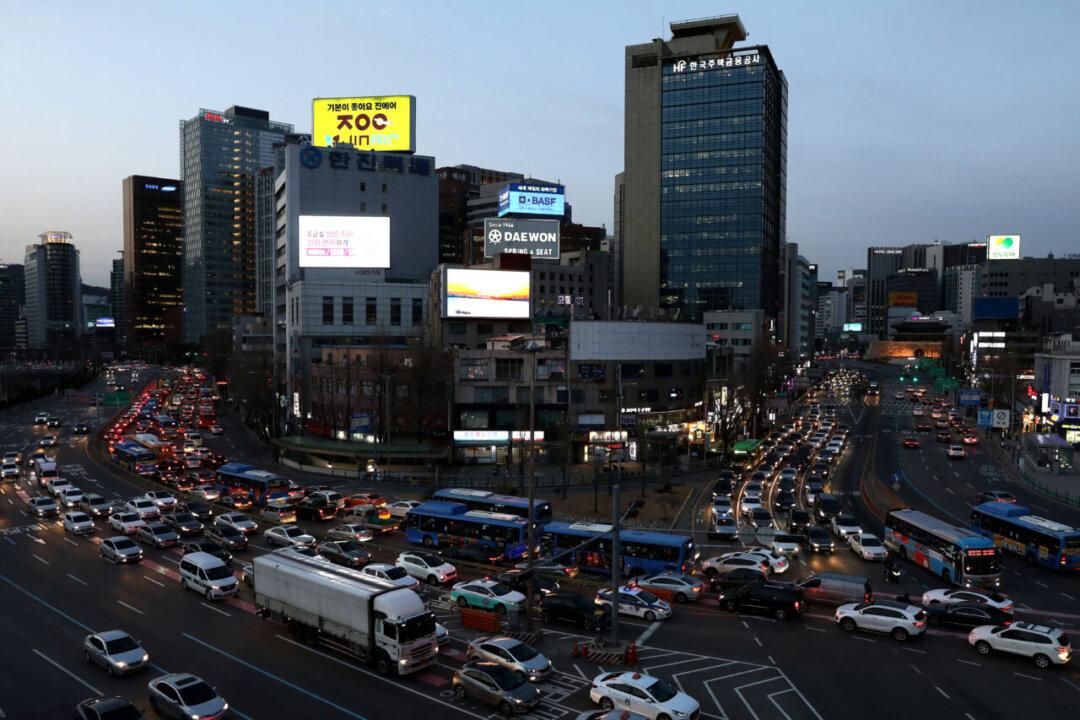South Korean authorities have launched an investigation against 42 foreigners who own multiple homes in South Korea and allegedly underreported or failed to report rental income to evade income taxes, reported Yonhap News Agency.
The scrutiny comes amid soaring housing prices in South Korea and its government efforts to curb this trend and discourage real estate speculation, according to The Korea Herald.





